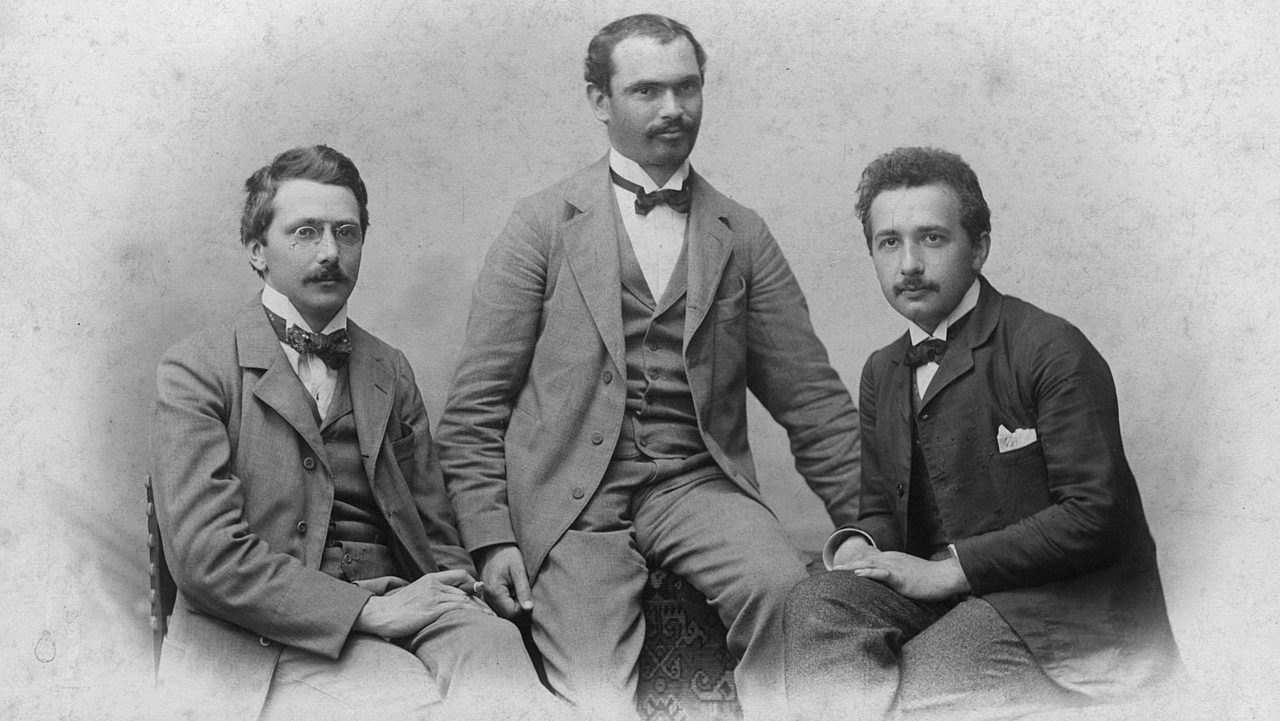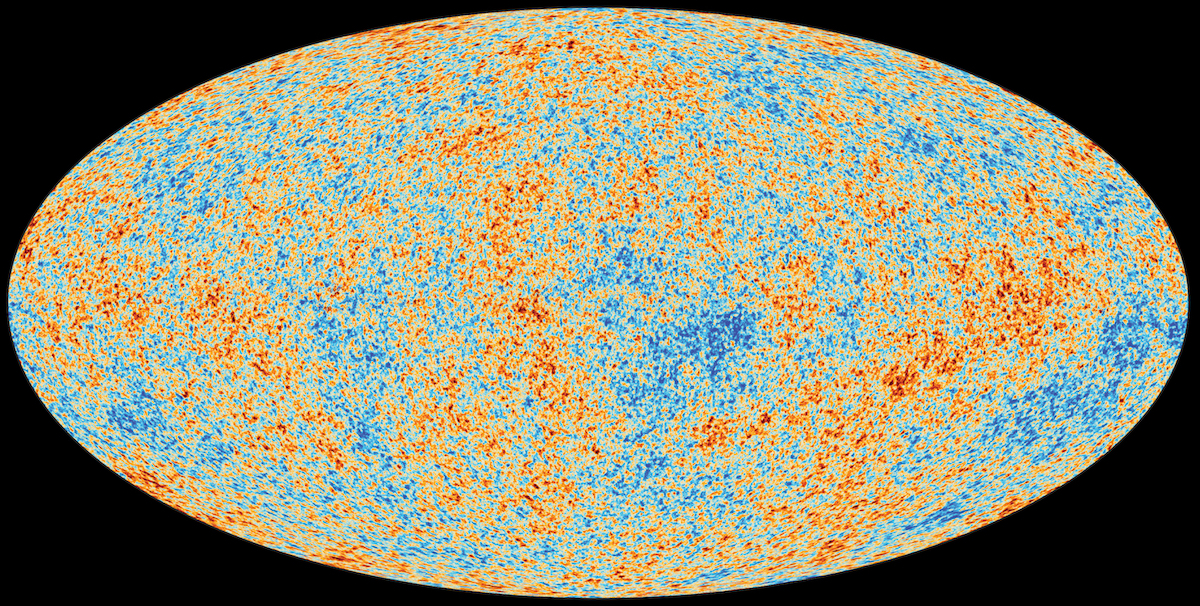From the almost mythical presence of Groucho Marx and a surprisingly pleasant sit-down with Bobby Fischer to the unique intelligence of John Lennon, the legendary host has shared the stage with some of the most distinctive figures of the 20th century.
Question: Who was your favorite guest?
Dick Cavett :I should say that Groucho meant the most to me. I missed him as a kid, I grew up on the game show, my generation, my dad's generation grew up on the Marx Brother's movies and then, You Bet Your Life, but I had it the other way around. And we were in Hollywood once when I was a kid, about 10, visiting relatives and the farmer's market, I bought a chicken leg at one of those stands, and the lady said, "Hey, kid, you should've been here about two minutes ago, Groucho Marx was standing right where you are." And I thought, "There is no God. There is no God, or he would've not let me pee or stopped doing something I did, but to get here two minutes earlier and meet Groucho Marx." But I met him many years later, and for quite a number of years, so that was nice.
Leaving a party once, I went to movies with him, I can't believe it, I went to plays with him, I had dinner at his house and worked for him two weeks once. He didn't really much care for Hollywood society, or actors. He loved writers, he loved to hang out with writers, he was a born writer. And leaving a party once in California, he says, "Let's get out of here," and sneaking out and the hostess came over and said, "Well, Groucho, leaving so soon?" He said, "I've had a wonderful evening, but this wasn't it." Anyway, there you are.
Question: How did you get along with Bobby Fischer?
Dick Cavett: Bobby Fischer the chess artist, yes. I got along great with, I think I loved Bobby Fischer, he was such a sweet guy and such an absolute total diametrical contrast to the horror that he became with paranoid schizophrenia and wild hair and having his fillings removed because he thought nefarious types were sending messages to his head. He went completely nuts and I wish I had known when he might have been verging on it, I would've found him and tried to help him or get him to some, did nobody try to get him any therapy or any, whatever he needed, I don't know. I just lost touch with him and the next thing I learned, it was all over, virtually. He was brilliant on the show, he had a great sense of humor on the show, and he was obviously a genius and obviously had certain sides of him that were undeveloped, because his life was chess. Sometimes he stayed up all night and the next day, with all he knew, studying chess, studying more chess, older chess, other country's chess, it was a sad case of a man with, apparently a fragile mental condition who tipped over into madness. But I sure liked him and I wish I'd called him up and gone to movies with him or something, because it got so he would only do my show, he didn't like other people that he was on with, he said, and he did it three or four times before and after the match.
Question: What was John Lennon like?
Dick Cavett: He wasn't like anything, he was unique. I've always wanted to hear somebody say that, and I picked you as the victim. I liked John, I didn't get to know him a lot. Almost all the time I spent with him was on the show, but also a couple other meetings and I'm still looking for two long letters he wrote me and I met him, of course, when I went down to the courthouses that we see on Law and Order to talk, to say he shouldn't be deported. I didn't have the wit to say, the president should, but he sort of was later, so that's okay. But a highly intelligent, very available guy. Very accessible, easy to talk to the first time you met him, it was that old thing, you felt like you'd known him a while, that kind of thing.
Question: What about Orson Welles?
Dick Cavett: What about Orson Wells? Oh, there's no way to encompass Orson Wells, and this is not a joke about his weighing 400 pounds or so when he died, but the dream talk show guest, of course, I still have a letter from a woman saying, "Thank you, thank you, Mr. Cavett, for bringing Orson Wells back to his American audience." And I didn't see Citizen Kane until I was in college somehow, and of course, I knew who Wells was from all sorts of other things. I saw him do King Leer on stage, City Center in New York, and he was a great, great guest. And tragic figure, too. Funny how two great theater artists like Wells and Brando became morbidly obese, and if there's a category beyond morbidly, they both became that. I'd love to know what the combination, what the connection between them might have been. Partly it was a professed despising of their professions. But it's much too complex for my mind to fathom.
Question: Is it true that somebody died on your show?
Dick Cavett: Die on the show? What are you talking about? Yes. I'm the only talk show host, I think, if there's such a category in, what's called, the book of records, to have a guest die while we were taping the show, yeah. And of course, if the gods are going to exercise their sense of humor as usual and have a guess die on a talk show, it would have to be a health expert, which he was. It was Jay I. Rodale, Rodale Press, Prevention Magazine, all those, that publishing industry, and he was very funny for half an hour, brought out the next guess, Pete Hammel, Hammel talking about writing his column and this and that, and then Hammel suddenly turned to his right, and the audience at home, if the show had ever aired, but the audience in the studio heard, **** and they cut and Rodale was having a massive coronary.
Question: Do you think your difficult questions played a role in this?
Dick Cavett: Yeah, it was, and there's always a sick humor aspect to these things. We watched the show, of course it didn't air, it happened almost two hours before airtime, so they threw it into the show, but, as I wrote about that in one of the blogs, at least every month I run into someone who says, "I'll never forget the look on your face when that guy died right on your show." And of course, they never saw it, but they could pass a lie detector test they did. I don't know whether I described it so brilliantly the next night, it was in all the papers, of course, and people just, shows your the value of eyewitnesses. That there are people who could people who could pass a polygraph that they saw this.





